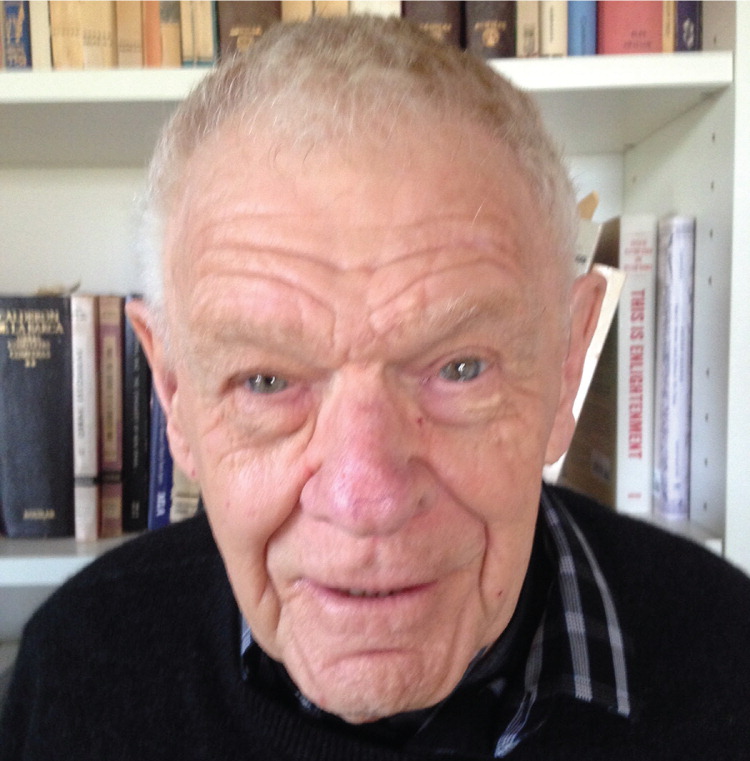
Am Fam Physician. 2016;94(6):474
Thus far, I've experienced four so-called life-threatening illnesses. First, 20 years ago, I developed a case of lingual histoplasmosis, with the fungal growth requiring emergency surgery to keep me from choking. Five years later, a rare form of melanoma (primary dermal) kept me in suspense for several weeks until the pathologists determined it had not yet reached my lymph glands. Then, nine or 10 years after that, small cell lymphoma that is currently dormant was diagnosed. Just two or three years later, a series of pneumonia episodes (eight in 14 months) were caused by aspiration from my sinus into my windpipe. This is kept under control with an antibiotic spray that I mix and administer as soon as I suspect a new sinus infection lurking.
I'm generally a pessimist about my health, but don't get me wrong. At age 86, I'm an active and generally happy person who keeps busy, traveling regularly to New York to see my granddaughters, enjoying music and art while I'm there, and attending arts events in San Francisco about twice a week. Just recently, I wrote an essay on Stravinsky and Auden for a book on modernism and opera, and I have just published a book I coauthored about discomforting modes of art. I had to give up running when the cartilage on one knee gave out, but otherwise I remain physically active with swimming, hiking, and biking. I feel well except for occasional emergencies. So in spite of what I rationally know looms ahead, I like to go about my activities as though life's pleasures might continue forever.— h.l.

COMMENTARY
A former geriatrician colleague once told me that he loved older patients because they always surprised him. Look into a roomful of 100 toddlers, he said, and they're all doing the same thing, whereas no two octogenarians are ever alike. What is the key to H.L.'s vibrancy in old age? Genetic disposition probably plays a major role. No wonder he doesn't care to ponder his mortality when he feels well; end-of-life discussions in moments of excellent health may pose as much of a challenge as waiting until illness arrives.
